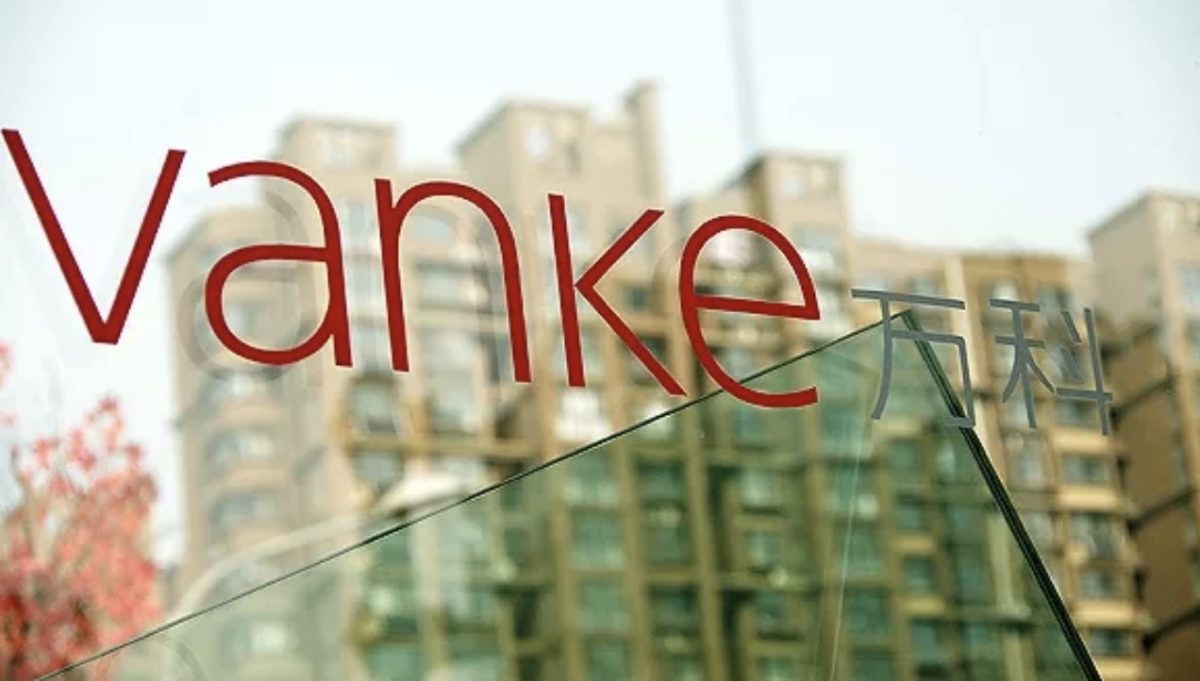Introducing: China Business Corner, a roundup of Chinese stories in business and tech

Welcome to the first issue of China Business Corner, a weekly window into Chinese-language coverage of business, technology, and the broader economy, brought to you by co-writers Huang Sizhuo and Jordan Schneider (who also hosts the ChinaEconTalk podcast).
Earlier this week, on the heels of news about Huawei CFO Meng Wanzhou’s 孟晚舟 arrest in Vancouver, we translated a story on Huawei’s global expansion. But that wasn’t the only noteworthy news from this week. Further links below include pieces on Chinese efforts to “Boycott Canada,” Shenzhen’s cooling real estate market, and Amazon’s activity in China.
This column is still a work in progress so please send feedback and interesting articles our way! You can find us on Twitter @Sizhuo1994 and @jordschneider1.
Sign up here to get this column in your inbox every Thursday!


惩罚加拿大完整指南
The “Punish Canada” Handbook
By Huo Ju, a Canada-based programmer who immigrated from China
In the wake of the arrest of Huawei’s CFO, the author questions how to respond to his friends who are asking him how best to boycott Canada. Huo is less than conspiratorial. He first explains that the current most popular method — boycotting the winter clothing manufacturer Canada Goose — would actually be supported by the majority of Canadians, who dislike the company on animal cruelty grounds. He then explains that, in fact, Canada has historically been a friend of mainland China, having for instance opened its market to China before any other Western nation. He says, “If you can’t be friends with Canada, you probably can’t be friends with anyone,” noting that Canada, unlike the U.S., doesn’t try to impose its values, like “adding democracy” (加式民主 jiā shì mínzhǔ) on other countries. There are plenty of in-jokes, where the author uses nationalist rhetoric to make fun of Chinese jingoists.
This piece only lived on WeChat for a day, so the link above is to an archive, but before it was rectified it received over 240,000 views.
Protesting Canada Goose is my preferred method! The ad below is sort of like the Patek Philippe ads about how their coats are all about “from father to son.” Canada Goose’s Tai Koo Li Sanlitun flagship store has postponed its opening. I still see plenty of folks walking around with Canada Goose around Beijing, though.

深圳楼市下行:万科项目业主开始退房,一成首付重现江湖
Shenzhen’s Real estate market is cooling off
By Yang Yiyi, Jiemian Media界面新闻
Shenzhen is one of the most expensive cities in China, but the housing market began cooling down this year. Specifically, some real estate developers are willing to accept just 10% in down payment to accelerate sales. However, Vanke, as the second largest real estate developer, asked consumers to pay 15% more on their interest rate on loans given by assigned banks. As a result, home buyers are protesting for the freedom to personally select banks. This article argues that the open opposition and the declining rate of down payments signify a significant change in Shenzhen’s real estate market.

消费新声 | 亚马逊帮中国卖家“全球开店”:解读三大重点战略
Amazon is Helping Chinese Business Owners Tap into Global Market
By Luo Lixuan, Sansheng三声
Amazon’s Global Selling Summit took place in Ningbo earlier this month. Cindy Tai, head of Amazon Global Selling in Asia, specified Amazon China’s three main strategies for Chinese business owners, namely: to assist product innovation, establish brand image, and tap into the global market by Amazon’s logistics and storage services. Currently, Amazon opens 12 markets to Chinese business owners, including India and Japan. In this summit, Amazon China highlighted its Brand Registry and Amazon Transparency to embrace Chinese clients into its own ecosystem. It also promoted its start-up 90-day training course to help Chinese firms go from zero to one when selling abroad. It also pushed its Amazon Web Services, which so far has been lagging far behind Alibaba and Baidu’s cloud offerings.

Huawei’s fight in an unfair U.S. market: A Chinese point of view








